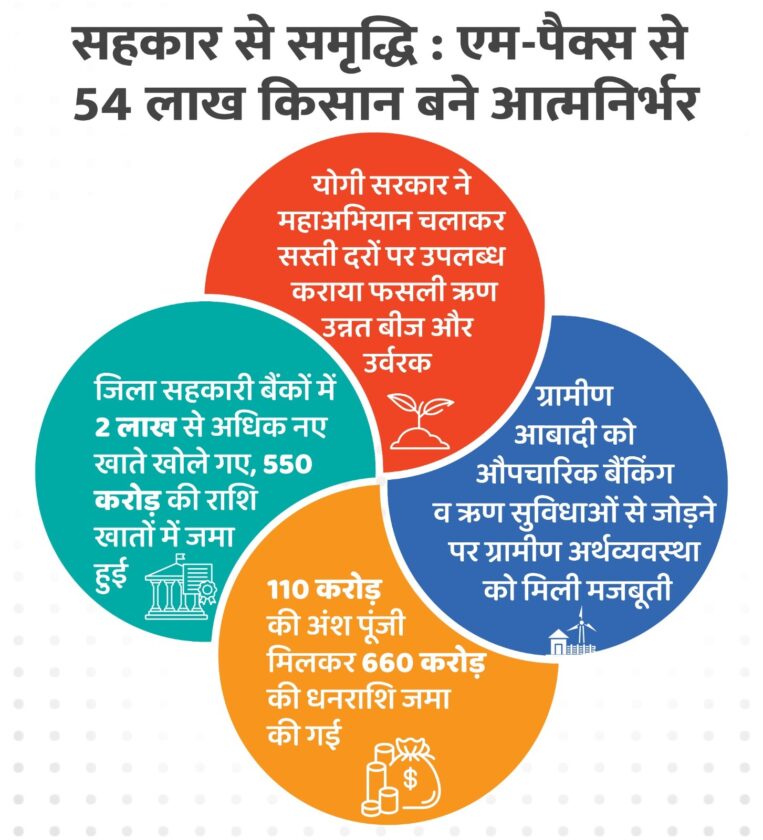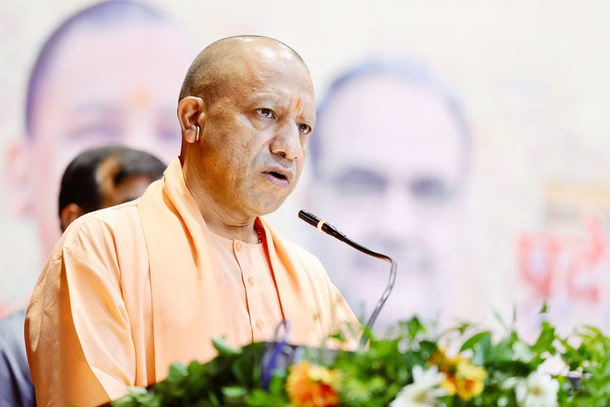Lucknow — Welcoming the Modi government’s decision to conduct a caste-based census, Manish Khemka, Chairman of the Global Taxpayers Trust, has urged the government to simultaneously assess the contribution of hardworking taxpayers in nation-building. He emphasized that these contributors deserve priority access to essential services, security, dignity, and rightful recognition.
Reiterating his long-standing demand, Khemka said, “If the principle is ‘the greater the population, the greater the share’, then what is wrong in demanding ‘the greater the contribution to national development, the greater the share’?” He called for a healthy and informed national debate among intellectuals to ensure that the caste census serves the nation’s interest and is not politically misused.
Khemka emphasized the need to include citizens’ economic status and their contributions to the tax system in the upcoming census to provide a clearer picture of the country. “Only then can policymakers make logical and just decisions for everyone’s benefit,” he added.
Highlighting the plight of India’s urban middle class, Khemka noted that individuals earning ₹25,000 to ₹50,000 per month fall within the income tax bracket. “These citizens—who hail from all castes and religions—not only support their families under challenging conditions but also contribute selflessly to national development. Ironically, despite being urban poor and taxpayers, they are excluded from most government welfare schemes such as free rations, subsidies, MGNREGA, and Ayushman Bharat. All these schemes are funded by their taxes,” he said.

He further pointed out that taxpayers have never taken to the streets to demand their rights, despite being a silent minority made up of individuals from all castes and religions, including the children of poor farmers, Dalits, and backward classes who now live in cities and pay taxes. “If anyone deserves first right over the nation’s resources, it is not on the basis of caste or religion, but on contribution—those who generate these resources,” he asserted.
Khemka argued that while welfare is a key element of a people-centric state, assistance should be provided based on economic status, not caste. “Distributing taxpayers’ hard-earned money to the ineligible for political gain is not just unjust, it is unethical,” he said.
A long-time advocate of increasing the number of taxpayers rather than tax rates, Khemka expressed hope that the government’s recent move would motivate more citizens to pay taxes. “This will lead to growth in employment and business, ultimately eradicating poverty and ensuring holistic national development. This decision will define whether we want to increase the number of takers in this country or the number of givers,” he concluded.









